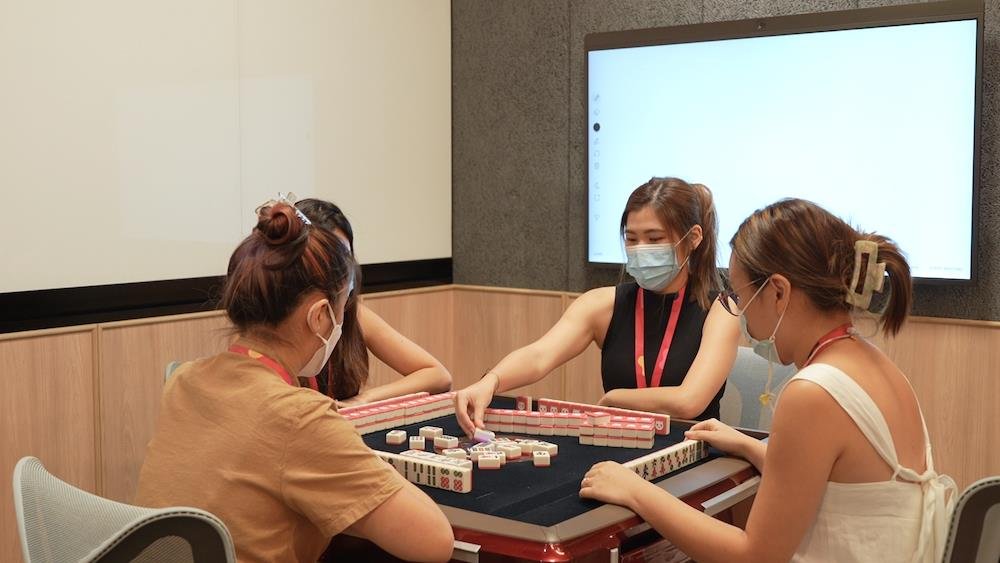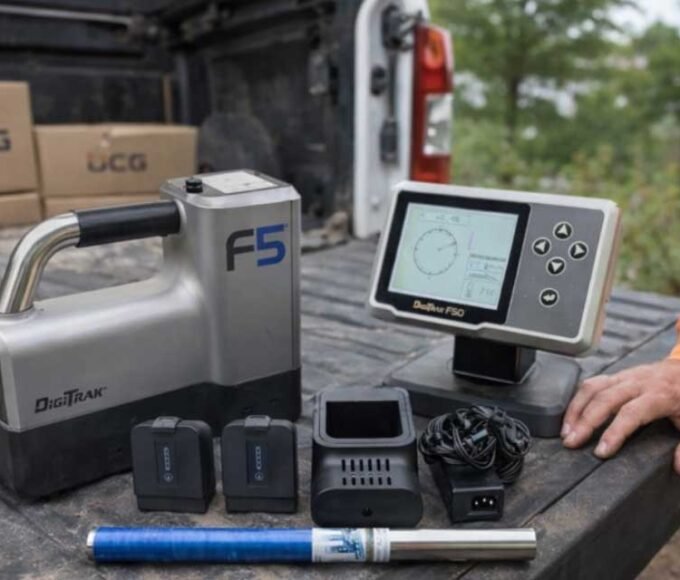“Choose a job you love, and you will never have to work a day in your life.” This well known quote that highlights the importance of enjoying one’s work is progressively gaining more and more prominence.
In recent years, offices around the world have embraced the concept of games rooms to create a more engaging and productive environment for their employees. Tech companies like Salesforce, AirBnb and Meta understand this well, and are at the forefront of this shift where companies of all sizes are following suit today.
Popularized by Tech Companies
Gone are the days of dull and uninspiring office spaces, filled with rows of cubicles where employees are seated throughout the majority of their day at work. Today, companies are recognizing the importance of creating a vibrant and stimulating work environment that enhances productivity and employee satisfaction. One prominent example is Google, which has set a benchmark for workplace design with its game rooms in offices worldwide.
CEOs and industry leaders have acknowledged the positive impact of games rooms on productivity. Sundar Pichai, CEO of Google, once said, “We want to create the happiest, most productive workplace in the world.” This statement reflects Google’s philosophy of fostering a joyful and conducive work atmosphere. By integrating games rooms into their offices, Google aims to provide employees with a space where they can unwind, recharge, and foster creativity through camaraderie.
Shift in Thinking
There has been a shift in the thinking of bosses towards measuring employee performance based on productivity rather than the number of hours worked. This change is driven by the understanding that keeping employees desk-bound does not necessarily lead to optimal productivity. Instead, employers recognize that employee happiness and job satisfaction play a crucial role in enhancing productivity.
Studies consistently show that happy employees are more motivated, focused, and productive. By creating a positive work environment that fosters engagement and well-being, employers empower their workforce to thrive. This shift in mindset emphasizes the importance of work-life balance, breaks, and activities that bring joy and rejuvenation, such as games rooms in offices.
When employees feel valued and supported, they experience a greater sense of purpose, leading to higher levels of engagement and improved performance. Bosses now understand that a happy and engaged workforce is vital for the success of a company, and by prioritizing employee well-being, they can enhance overall productivity.
Games Room as an Investment, Not Expense.
And games room in offices today mean business – no pun intended. Some of the larger offices have been known to invest tens of thousands of dollars in equipping the office with custom branded Ping Pong tables, foosball tables, pool tables and more.
Manufacturers detecting this shift have also gravitated to building equipment that doubles up in functionality, further appealing to bosses. Example includes the award winning You & Me Ping Pong table by RS Barcelona that is beautifully designed to be a meeting/ work table, while converting to a full sized, competent Ping Pong table with the nets installed.
Not Just Traditional Games
The trend of games are not simply restricted to traditional games as listed above, and even extend to unique games like pinball machines and poker tables. At Food Panda’s HQ in Singapore, employees voted for dual functional automatic mahjong tables to be used as work tables in the day, and mahjong session in the evening!
Many of these may have been frowned upon for its association to gambling years ago, but offices are now looking at these alternative games in a bid to build more and more exciting and unique experiences.
In conclusion, the sprouting of games rooms in offices is a testament to the growing recognition of the importance of employee well-being and engagement in the workplace. Today, games rooms are not only integral in cultivating the culture within the office, but also a measure of how well it takes care of its employees. With growing expectations of office culture from the Gen-Zers, we believe this trend is bound to continue in the coming years.
















